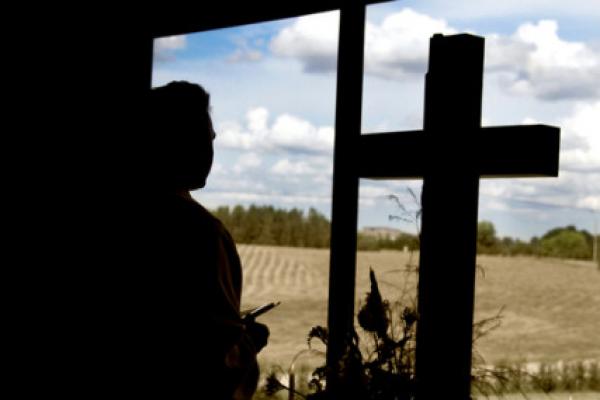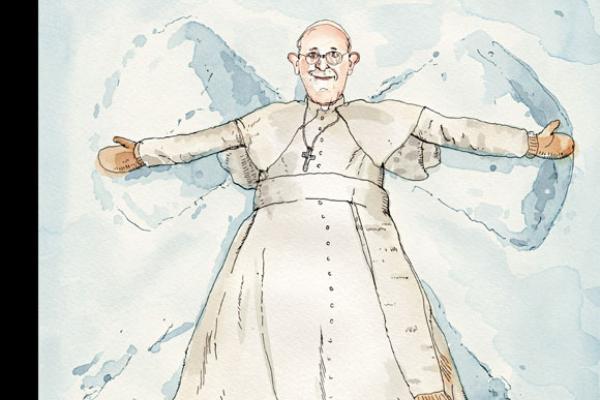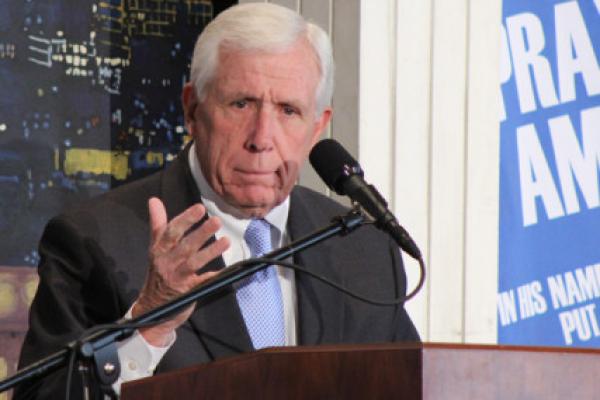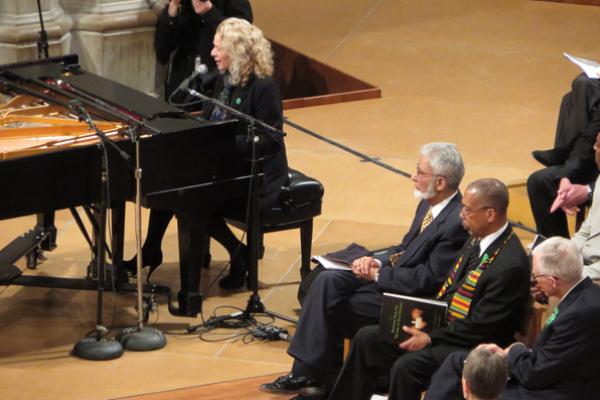As you make your winter reading list or shop for gifts, consider these 2013 books from Sojourners magazine staff and contributors. Or, buy yourself a gift for 2014.
Clergy used to rank near the top in polls asking Americans to rate the honesty and ethics of people in various professions. This year, for the first time since Gallup began asking the question in 1977, fewer than half of those polled said clergy have “high” or “very high” moral standards.
But opinions on clergy differed markedly by party, with Republicans viewing them far more favorably than Democrats.
Overall, 47 percent of respondents to the survey gave clergy “high” or “very high” ratings, a sharp drop in confidence from the 67 percent of Americans who viewed them this way in 1985.
To paraphrase Shakespeare’s musing on a name, “What’s in a cover?”
In the past week, we’ve seen Pope Francis on the cover of Time as the magazine’s “2013 Person of the Year,” followed by The New Yorker’s whimsical cover of the pope as a snow angel. Now, most improbably, he’s on the cover of The Advocate, the magazine for gays, lesbians, bisexuals, and transgender people, that put the message “NO H8″ (No hate) on his cheek. What’s next? Sports Illustrated? Jack and Jill?
If you ever wanted to show that someone reaches across all segments of society, this flurry of magazine covers may be it.
Rep. Frank Wolf, one of the loudest and most persistent voices in Congress for the right of people around the globe to practice their religions freely, will not seek an 18th term.
“As a follower of Jesus, I am called to work for justice and reconciliation, and to be an advocate for those who cannot speak for themselves,” Wolf, a Presbyterian, said in a statement Tuesday.
The Republican from Northern Virginia, who will turn 75 in January, said he will work on human rights, religious freedom, and other social issues in his retirement.
Nearly one in three Americans, including many with no little children at home and those with no religious identity, say they pretend Santa will visit their house on Christmas Eve.
Overall, 31 percent of U.S. adults play up the Santa role in their holiday season, according to a survey released Wednesday by the Pew Research Center.
Jesus, however, is still the star of Christmas.
To mark the one-year anniversary of the Sandy Hook Elementary School shootings, which left 20 students and six adults dead, a vigil for victims of gun violence was held at Washington National Cathedral last week.
The vigil, sponsored in part by the Newtown Foundation, was a service to remember and honor the more than 30,000 people who lose their lives to gun violence each year. It provided a space for the community to come together in prayers for hope, peace, and love.
After three minutes of silence during the calling bells, a trio of faith leaders, including a rabbi, a Sikh leader, and a Christian minister, offered up calls to prayer. At his turn to speak, Dr. Rajwant Singh affirmed that “whichever way we reach out to God, we can become separated from each other by ignorance, hatred, and violence.” “Each heart is God’s heart, and each body is God’s temple,” Singh continued, “so if you want to honor God, don’t take anyone’s life, or break anyone’s heart.”





